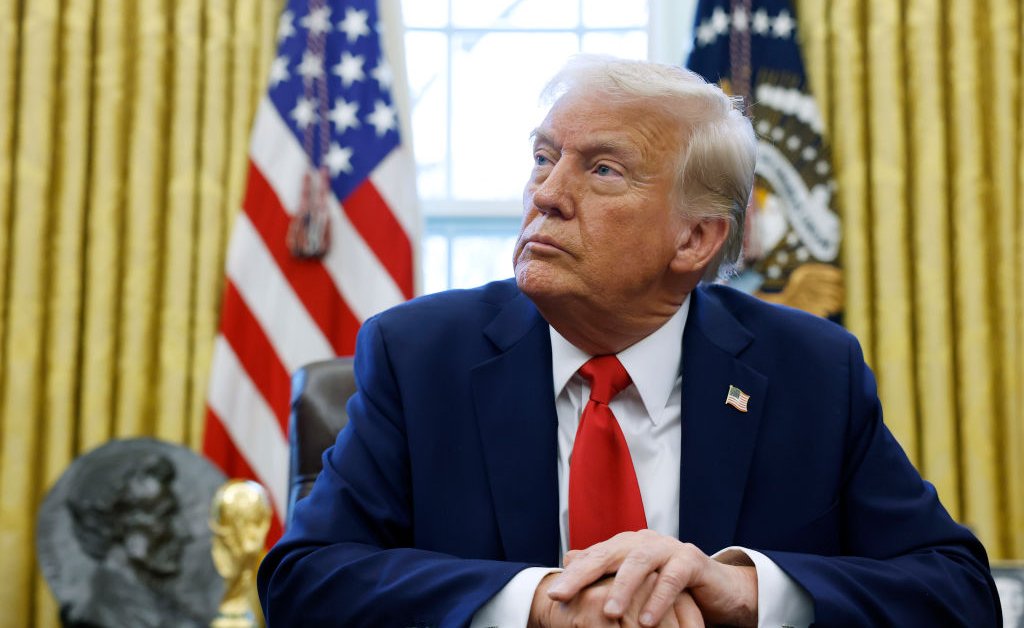In the midst of the second Trump Administration, a series of bold moves are pushing the boundaries of executive authority, sparking both support and concern. Trump’s aggressive approach includes plans to dissolve USAID, a critical agency for foreign aid and global initiatives. Legal experts question the President’s authority to dismantle the agency without congressional approval, citing statutes that safeguard USAID’s independence.
Furthermore, granting Elon Musk’s Department of Government Efficiency (DOGE) access to sensitive government data has raised red flags. Concerns over potential privacy violations and breaches of federal laws, including the Privacy Act and FISMA, have led to a lawsuit from federal employee unions. The implications of allowing a private individual access to crucial government systems have stirred controversy and legal challenges.
Additionally, Trump’s federal buyout program, offering employees incentives to resign, has come under scrutiny. Legal experts question the program’s compliance with laws like the Anti-Deficiency Act and the Administrative Leave Act, highlighting potential violations and financial risks. The program’s structure and promises of future payments raise concerns about exceeding appropriated funds and sidestepping legal limitations.
The unfolding legal battles and constitutional questions surrounding these actions underscore a growing debate over the limits of presidential power and the legal constraints that govern executive authority in the U.S. The outcomes of these challenges could have far-reaching implications for the balance of power between branches of government and the protection of individual rights and governmental integrity.

